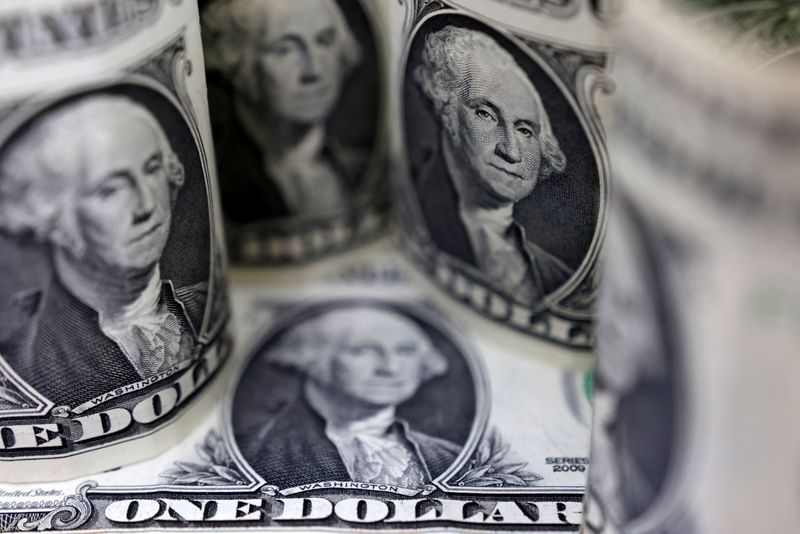Yen falls due to Bank of Japan action
2022.12.28 03:14

Yen falls due to Bank of Japan action
Budrigannews.com – The U.S. dollar exchanged to a great extent unaltered in restricted European exchange Wednesday, yet posted gains against the Japanese yen after most recent minutes from the Bank of Japan proposed its accommodative financial position is probably going to stay set up.
The, which tracks the dollar against a basket of six other currencies, traded mostly flat at 103.870 at 02:35 ET (07:35 GMT), above its lowest level since mid-June, when it was at 103.44 on Dec. 14.
climbed 0.3% to 133.86, rebounding from a low of 130.58 just over a week earlier when the 10-year Japanese government bond yield policy band was announced to be loosening. Because of this, there had been rumors that the central bank was about to tighten its extremely loose monetary policy.
According to the opinions expressed by policymakers in the minutes of the December meeting, the BOJ’s shift in stance was, however, not intended to alter the course of policy but rather to ensure that the Japanese government bond market continued to function normally.
Because it suggests that ultra-accommodative policy will continue, this has had a negative impact on the Japanese yen, particularly against the dollar. However, losses have been limited due to the holiday conditions and a lack of confidence in the BOJ’s ability to maintain this stance over the long term, particularly given that in November, interest rates reached a four-decade high of 3.7%.
The, the, and the are among the U.S. economic releases due on Wednesday.
We doubt that data will be able to shake markets during the festive season’s low volatility. In a note, analysts at ING stated that “news from China and on the energy crisis is more likely to drive any significant move, if anything.”
In other markets, the euro gained 0.1% to 1.0650, remaining in a narrow trading range with no major data releases scheduled for the next two weeks (at least until the December figures in early January) and no scheduled speeches from the European Central Bank.
climbed 0.2 percent to 1.2044, just above its December 22 low of 1.1993, while the risk-sensitive gained 0.5 percent to 0.6763.
More Russian ruble continued to fall
climbed 0.2% to 6.9721 as investors were encouraged by China’s announcement on Monday that it would no longer impose quarantine on travelers arriving on January 8.
However, rising COVID cases are hurting confidence because they suggest that the economy will be more disrupted in the first quarter.








